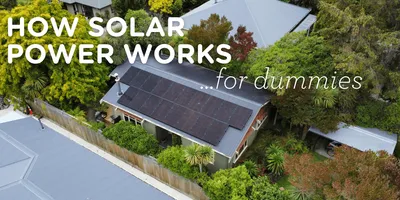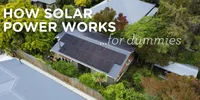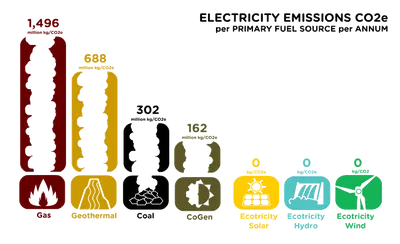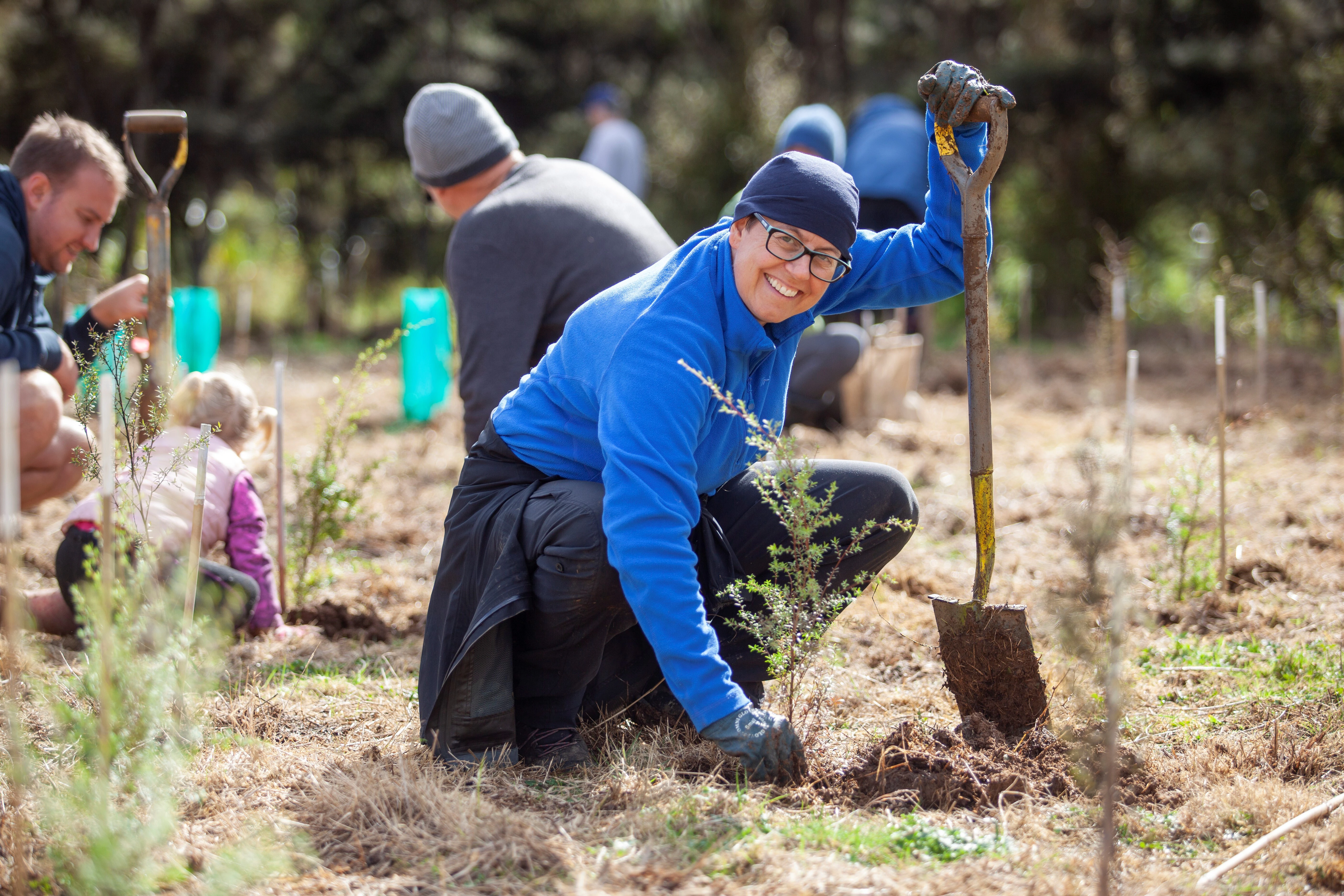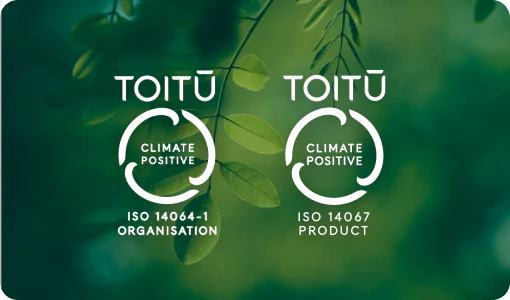How sustainable energy can replace the unsustainable
05/09/2019
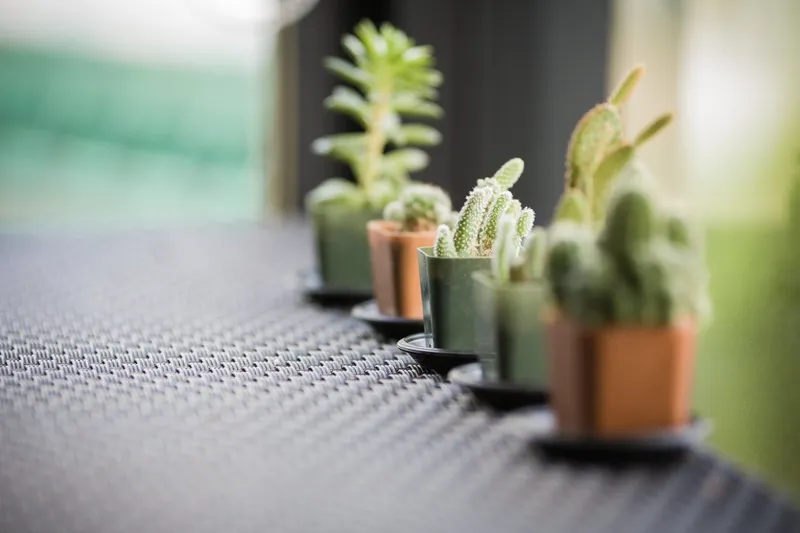
We rely on energy for every facet of our modern life. Our entire world needs energy to function. Think about a typical day in your life – you wake up, turn a light on, check your phone, make coffee and toast, get in your car, drive to work… you might have only been awake for an hour or two, but already you’ve used energy for every activity.
Currently, the bulk of our energy needs are met by fossil fuels, which are burned to provide the energy we need to run engines and power the electrical grid. Fossil fuels are carbon-based materials mined from within the earth. They’re created when decomposing plant and animal matter are put under immense pressure for long periods of time.
The problem with fossil fuels is threefold.
- They’re non-renewable. Once they are gone, there’s no replacing them without waiting thousands of years for natural processes to take place. It’s impossible to predict exactly when we will run out of fossil fuels, but based on current stockpiles, our current level could last us another 45 years.
- The vast majority of fossil fuel production is controlled by nations in the Organisation of Petroleum Exporting Countries (OPEC) and of those countries, half of the production is owned by just three. This means that the world’s fuel is controlled by a select few powerful people who may not have the best interests of the planet at heart.
- When they’re burned they produce emissions, which mix in with out atmosphere. It’s these emissions that have built up over time since the Industrial Revolution and are currently contributing to climate change.
To give you an idea of the scale of the issue, in 2008 the world consumed 500 quadrillion (that’s a million billion) BTUs (British Thermal Units) of energy. Of this massive energy use, 85% of it came from non-renewable fossil fuels.
At this stage, we have three options – continue as we are, completely change the way we live so we don’t need to use energy at all, or find ways to keep the culture we love while decreasing our reliance on fossil fuels.
Of these options, number three is the most attractive option. We can’t do number one, because that’s burying our heads in the sand about the growing impact of climate change. We need to take steps now, because it’s very nearly too late.
Ideally, we wouldn’t want to give up the things we enjoy, like coffee machines and lights and mobile phones and being able to drive across the country to visit a friend. Going back to pre-electricity days is problematic because many of the methods ancient people used to survive and thrive would be inefficient when faced with our large population.
So that leaves sustainable energy. This means finding ways to power our lives without flooding the atmosphere with emissions that create climate change. New Zealand already generates a significant amount of our energy from renewable sources, but we can do better. Much of our infrastructure still relies on the support of fossil fuels, and we’re often slow to adopt technology like electric vehicles which could make a serious difference in bringing down our emissions. Sustainable energy is the way of the future. The sooner we embrace it as our only option, the better off we’ll be. Find out how you can take the first steps toward a sustainable future.


